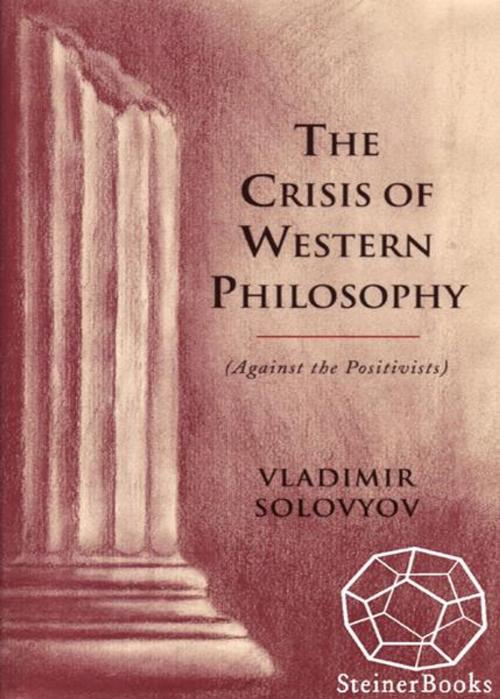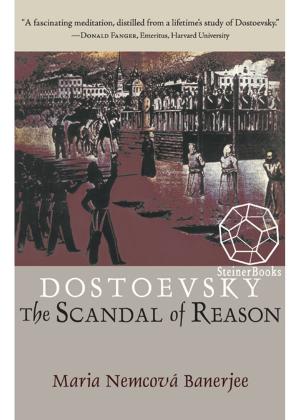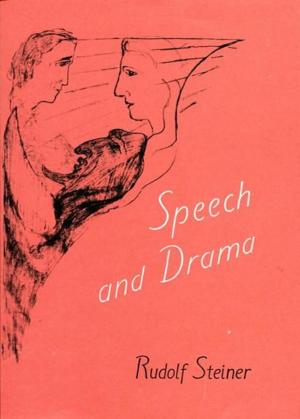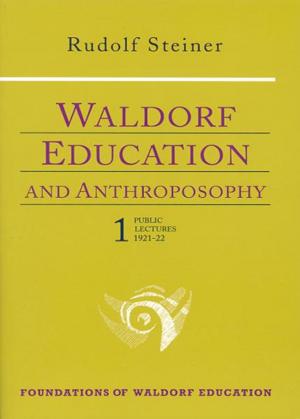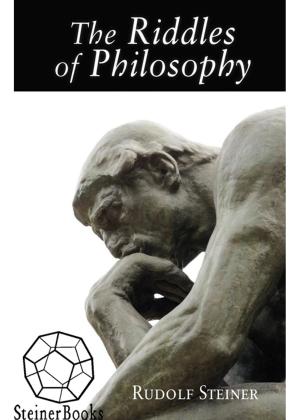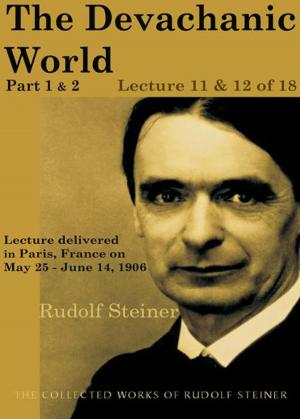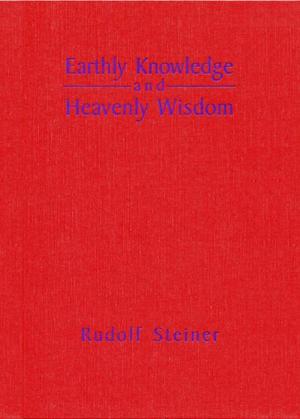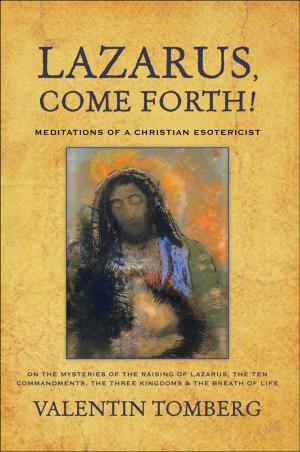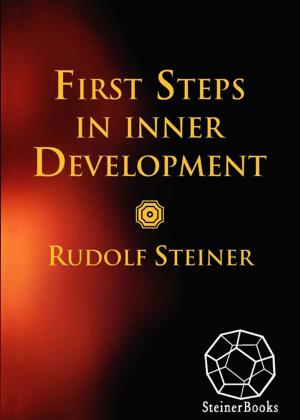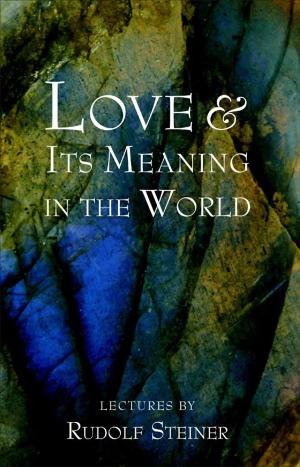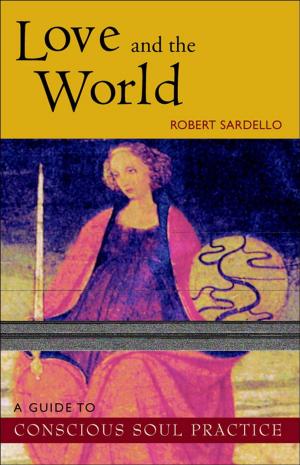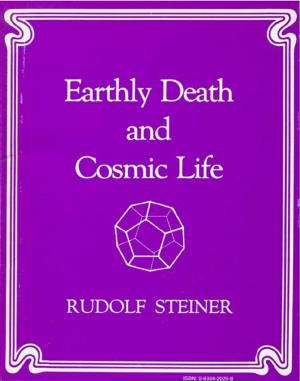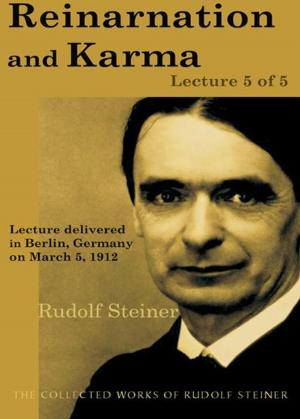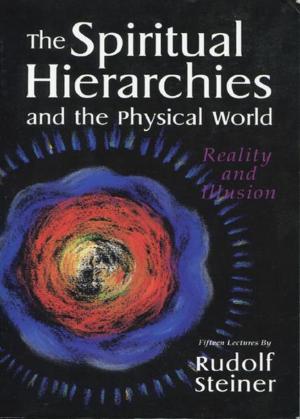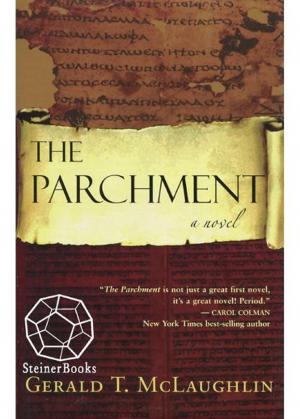The Crisis of Western Philosophy: Against Positivism
Nonfiction, Religion & Spirituality, Philosophy, Religious| Author: | Vladimir Solovyov | ISBN: | 9781621511151 |
| Publisher: | Steinerbooks | Publication: | January 1, 1996 |
| Imprint: | Lindisfarne Books | Language: | English |
| Author: | Vladimir Solovyov |
| ISBN: | 9781621511151 |
| Publisher: | Steinerbooks |
| Publication: | January 1, 1996 |
| Imprint: | Lindisfarne Books |
| Language: | English |
This book is the seminal work in which Solovyov developed his religious philosophy. In it, he undertakes a stunning critique of positivism, by which he understands the entire philosophy of Western rationalism, which he sees as setting up a conflict between reason and faith, and reason and nature. In the modern period, he finds abundant evidence for reason's war against nature in Western philosophy from Descartes to Hegel. "Positivism," the leading philosophy in his time, Solovyov also finds repugnant. In its place, he proposes his great theme of total unity--which was to become the dominant theme in Russian philosophy. This is the work that launched Russian religious philosophy and is a must for anyone interested in the subject. From the Esalen-Lindisfarne Library of Russian Philosophy.
This book is the seminal work in which Solovyov developed his religious philosophy. In it, he undertakes a stunning critique of positivism, by which he understands the entire philosophy of Western rationalism, which he sees as setting up a conflict between reason and faith, and reason and nature. In the modern period, he finds abundant evidence for reason's war against nature in Western philosophy from Descartes to Hegel. "Positivism," the leading philosophy in his time, Solovyov also finds repugnant. In its place, he proposes his great theme of total unity--which was to become the dominant theme in Russian philosophy. This is the work that launched Russian religious philosophy and is a must for anyone interested in the subject. From the Esalen-Lindisfarne Library of Russian Philosophy.
